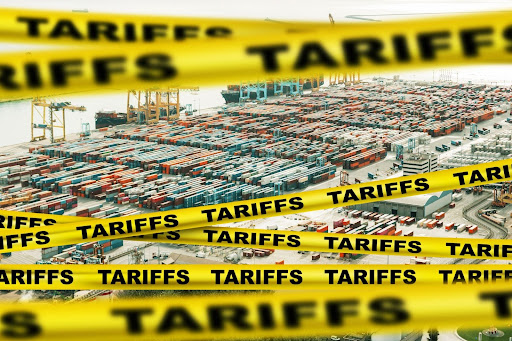 Small businesses in need of capital look at all different avenues for resources. Traditional loans can be difficult to qualify for and take a long time to fund. One of the easiest to qualify for and quickest sources of business capital is a merchant cash advance. However, business owners should fully understand what an MCA is and how it can negatively impact their business in the long run.
Small businesses in need of capital look at all different avenues for resources. Traditional loans can be difficult to qualify for and take a long time to fund. One of the easiest to qualify for and quickest sources of business capital is a merchant cash advance. However, business owners should fully understand what an MCA is and how it can negatively impact their business in the long run.
What is an MCA (Merchant Cash Advance)?
A merchant cash advance is a cash infusion into a business in exchange for a portion of future sales. The business receives a lump sum of money and the MCA lender collects the repayment plus interest directly from the business’ bank account, generally on a daily or weekly basis.
Negative Impacts of MCA
Cash Flow Problems
Automatic withdrawals from the business’ bank account to repay the high interest cash advance is tough on cash flow, especially during slower times. Cash flow problems are one of the main reasons young businesses fail.
High Interest Debt
Since business revenue fluctuates and can decrease at times, this can extend the length of time for repayment and increase the total interest, sometimes making it impossible to fully pay off the MCA. The money becomes so expensive that borrowers may take out a second or third loan, this is known as stacking. It buries the company under a pile of debt that can be impossible to pay off and often results in the downfall of the business.
Jeopardize Business Relationships
In the event of borrower default, the MCA lender notifies the borrower’s customers to pay them directly. This can jeopardize customer relationships as well as any existing factoring relationship. Business customers may rightfully be concerned about the stability of the business knowing that it is in default on a loan. Factoring companies will not be able factor invoices if the MCA lender is collecting from your customers and even worse, it may put the business in default with their factoring company as well if the MCA lender collects funds that are due to the factor.
Further, a Merchant Cash Advance lender will file a UCC-1 financing statement on all business assets making it difficult, if not impossible, to qualify for other, less expensive funding.
Other Business Funding Options
B2B businesses with accounts receivable can generally qualify quickly for invoice factoring. It is less expensive and does not put a business in debt. Invoice factoring is also known to improve cash flow of a business, rather than harm it. If you are interested in learning more about invoice factoring, speak with your local Riviera Finance Representative today.





